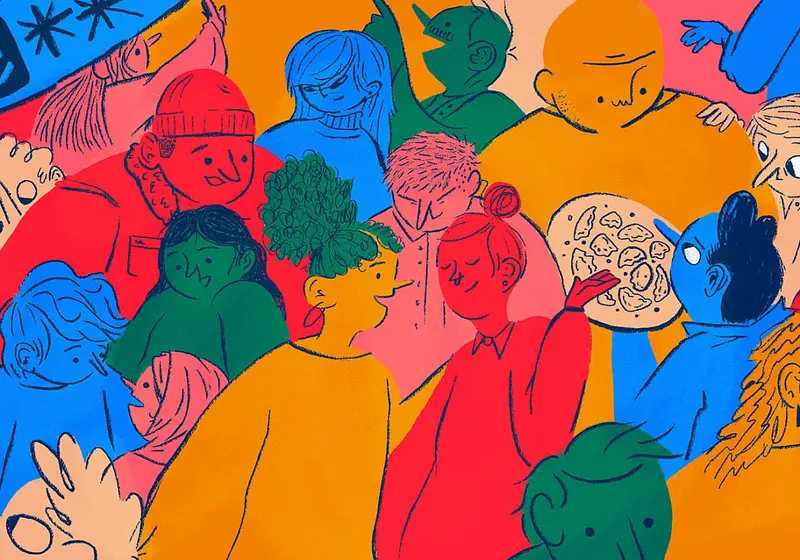My worries began when I volunteered at a local non-profit organization, Pinwheel Place. I’ve volunteered at several organizations over the years, but this particular non-profit, one with a goal to help kids in need of temporary housing or assistance, was totally supported by Lynn Hawkins, the woman who founded it. Interestingly, Lynn works as an administrative assistant at my school in order to fund Pinwheel Place, giving her own time and money to make this much-needed aid possible for the community.
Where was all the help? Shouldn’t everyone want to support a mission like this one?
I began to wonder, what determines the amount of money someone should earn? Was it based on a person’s positive contributions to society? You might think those whose jobs meet fundamental human needs might have a higher monetary value in our society.
Sadly, this isn’t true. And those who want to help others are often struggling themselves because they give so much more than they receive.
In the past, people gave more. According to Peter F. Drucker, writer for Harvard Business School, past generations who had lower incomes than their children actually prioritized contributing to non-profits, both in time and money, more than their children. Additionally, Drucker says that non-profits’ “products” are the “changed human being,” but increasingly, “changing people is not viewed as a ‘beneficial’ product” for society.
But can we actually have a strong and healthy society without changing people?
No, and this is partially why our society is in crisis.
Society means people and human interaction, and in order for this society to function we all need to work to be the best versions of ourselves. Doing this requires a lot of personal growth and resources and can often not be done alone, but luckily, we have others to help make us better.
Yet, these are the people who are often over-looked, the ones who devote their lives to helping others thrive and be the best versions of themselves in order to ensure society runs smoothly and people are able to live out their lives to the fullest. Without people changing people, the competition of life will take over, and there will be a few on top with the rest at the bottom struggling to survive.
What is The Competition of Life?
Our society has been capitalistic for the last century, with people buying and selling goods in order to survive. However, this led to a type of competition. Rather than the end goal being that everyone has the resources needed to thrive, it became a competition about who could have the most. Having the most equals power.
By allowing resources to become a means of power and status rather than a means to a better human end goal, we have allowed survival to become a competition, with a few tied for first and the rest very far behind.
While people have been on top economically in the past, they felt inclined, due to religious reasons or merely social norms, to donate a portion of their money for the good of their fellow citizens. The incredibly successful oil tycoons of the 1920’s, such as Andrew Carnegie understood how to be financially successful while also donating to others, contributing almost $350 million dollars to congregations around the world.
However, in our current time as the rich have continued to get richer and the poor have continued to get poorer, this sense of desire or moral obligation to donate and support others has diminished. So, if less money is being donated to support non-profits, where is it being spent instead? According to Drucker, “The share of GNP that goes to leisure has more than doubled in the last 40 years.”
The things we value have changed. We no longer care about the changing person or a thriving society as long as we ourselves are thriving. We prefer to spend money on sports games or clothing or vacations than support those who support others. Unfortunately, this is not sustainable, and our society is breaking.
Luckily, the past societal success is not far behind us, and we are more than capable of returning to a society that prioritizes changing people. In fact, there are still people who care, like billionaire philanthropists Bill Gates and George Soros who, despite being hugely successful financially, still continue to prioritize helping others. However, in order to make a societal change, our values need to shift.
We need to realize, just as many of our parents and grandparents have, that we can’t leave out those who better others. They can’t continue to take care of others if they themselves are economically unstable and suffering. Once we change as people, we can prioritize those who devote their lives to changing other people.
While we as individuals may not be able to change the current mindset of our society, we can still make changes. By supporting a non-profit, not only are we allowing them to continue helping others, but we are, in a small way, also helping change people.
















